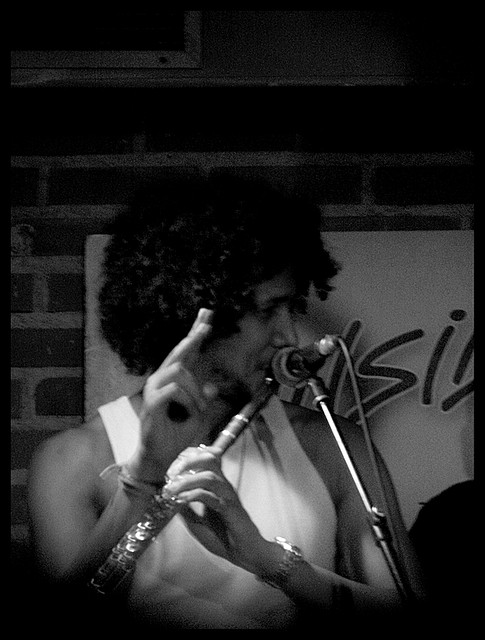On Basque music Wiki sayes......The origin of the Basque people remains a mystery, and according to the most eminent of linguists their language is a precious jewel which should be carefully preserved. Basques live on both sides of the Pyrenees, spread over seven provinces, divided by a political frontier and for seventy years they have as-serted the right to unity : "Zazpiak bat" (Seven in one) ... They are a people who cherish their language and their family traditions, the originality of their way of life, their dances, the different varieties of their game of pelota... The Basques have an inborn propensity for song. And they also have the desire to sing. Wherever he may be the Basques will always be singing to himself ; wherever they meet two or more Basques will soon be humming in chorus the old tunes of their native land. In their songs the Basques relate the beauty, the history and the wonderful legends of their country ; they al-so express sorrow, love, hate, joy, describe their surroundings and the state of their innermost soul. (linear notes)
To poure the music into your ears, from the hart, just one word, thegoodone.







